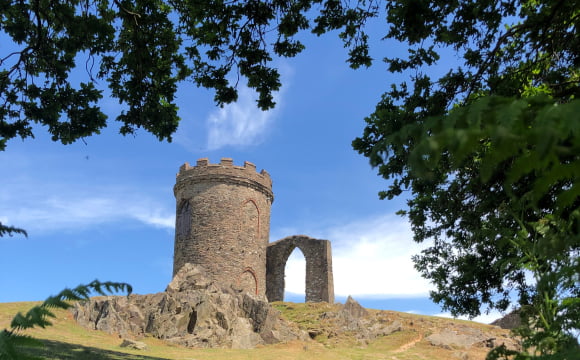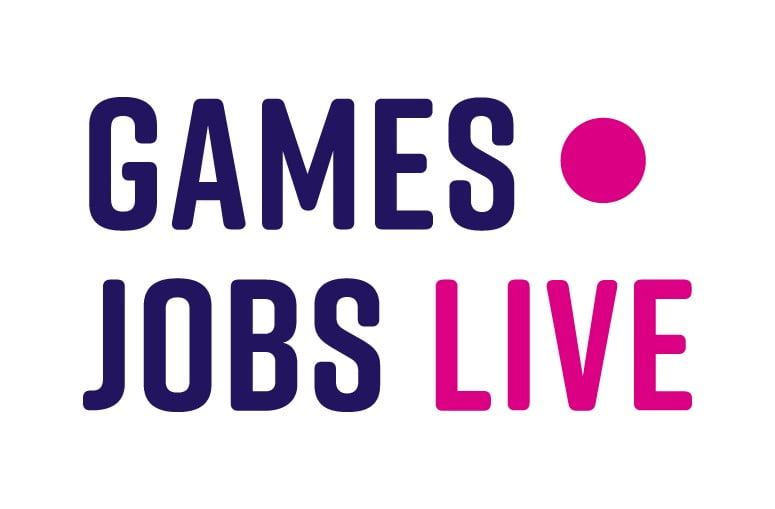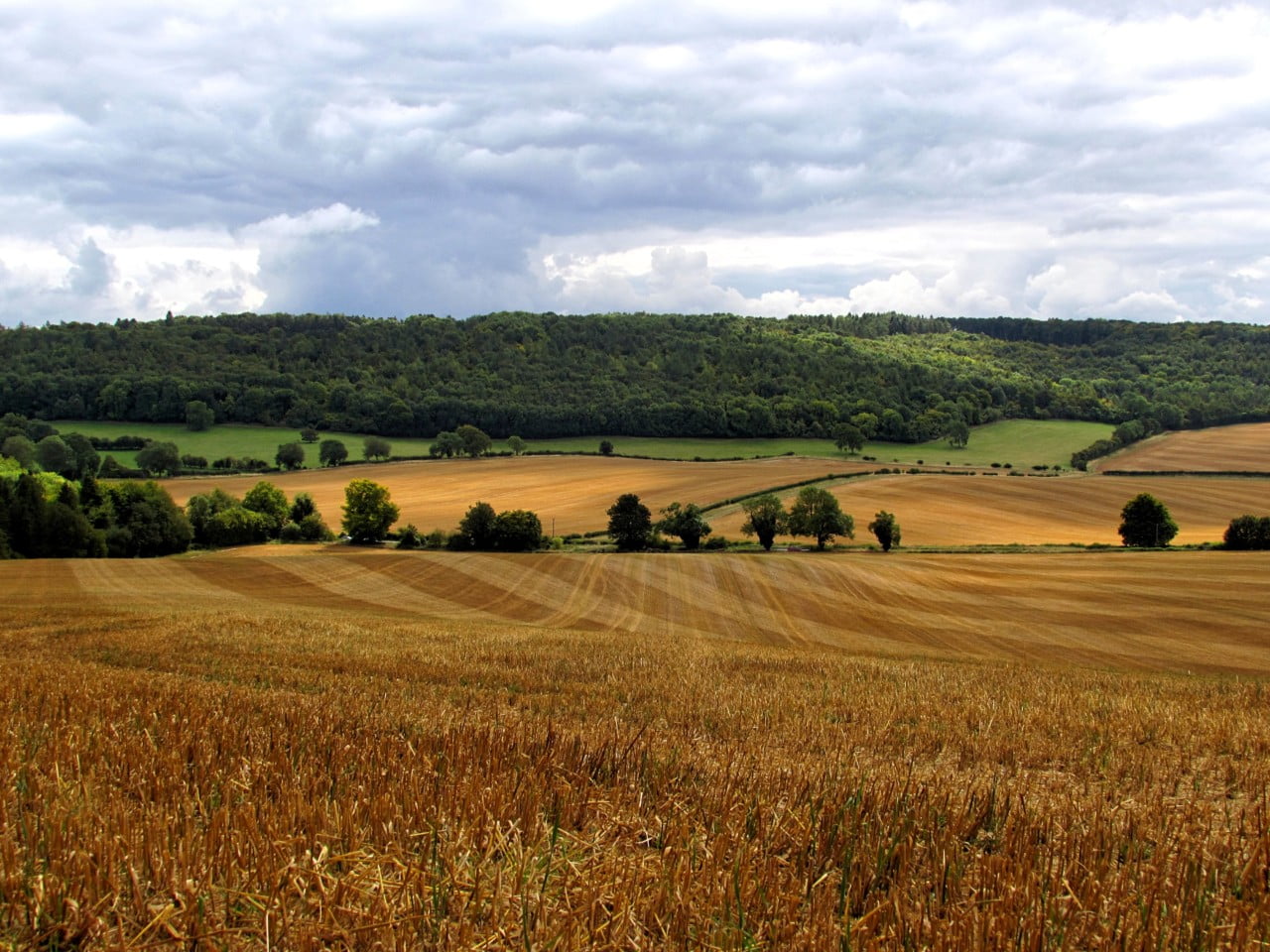HISTORY
Comparisons are often drawn between the Midlands and Silicon Valley due to the concentrated presence of tech companies in the Leamington Spa area, but the Midlands could be just as appropriately be called the UK’s Beverly Hills of gaming; after all Lara Croft, Dizzy, Banjo and Kazooie and the extended Donkey Kong family all call the Midlands home.
The story of how the birthplace of William Shakespeare, Walkers Crips and the Industrial Revolution became a major pinpoint in the global gaming map centres around two pairs of brothers, one in Leicestershire, and the other barely two miles outside Midlands in Banbury.
The Leicestershire pair were Tim and Chris Stamper, two precocious arcade game developers who decided to try their hands at the home console market under the name Ultimate Play the Game, which they formed in 1982 along with Carole Ward and John Lathbury. The team hit the ground running with Jetpac for the ZX Spectrum the following year, their first of a series of hugely successful releases for the console. Behind the scenes however, the team were much more interested in the potential of the then only available in Japan Nintendo Entertainment System. That hunch proved right when a collection of tech demos they made for the system impressed a Nintendo executive so much, they were granted an unlimited budget to produce games for the NES.
It was that relationship with Nintendo that gave rise to Rare, the Stampers’ spin off company renowned for the likes of Donkey Country, Banjo-Kazooie, GoldenEye 007 and, under Microsoft, Viva Pinata and Sea of Thieves.
The other brothers were Richard and David Darling, hobbyist programmers who started developing games with their school friend Michael Heibert. Before they were even out of their teens, the three had several successful releases under their belt to the tune of around £200,000. Emboldened by their success, they founded their own company, called Codemasters, in 1986.
Now associated with AAA racing games like Dirt and the official Formula 1 series, Codemasters found their niche publishing budget games, including the much beloved Dizzy series. Moving into the 16-bit era however, the company had a number of successes with licensed titles like Micro Machines and Pete Sampras Tennis, eventually finding another niche as joint developers and publishers of the Colin McRae Rally games. The series was a mainstream hit in the UK and successful worldwide, no doubt contributing to Codemasters’ successful acquisition of the Formula 1 license in 2008. The studio continues to hold the license to this day and recently gained the rights to the World Rally Championship license.
Despite not having a brother to speak of, Core Design also had a major impact on the development of the games industry in the Midlands. Founded in Derby in 1988 by former Gremlin Graphics staff, Core spent its first decade developing primarily for the Amiga under the CentreGold distribution company before being acquired by Eidos in 1996. Eidos’s timing couldn’t have been better – that same year Core released Tomb Raider, an unprecedented cross-cultural mega hit that essentially rescued the struggling publisher and turned them into a major player in the same fell swoop.
Unlike Rare and Codemasters, Core are unfortunately no more, but some of their alumni still have game industry jobs in the Midlands to this day.

NOW
Here’s some impressive statistics for you. In 2018, it was estimated that one in eight of all games made in the UK were made in the Midlands. Whatsmore, one in every 50 people living in Leamington has a job in game development. Given Codemasters recent billion-dollar acquisition by EA, Sumo Digital’s recent investment in the area and the growing number of smaller studios, the number of game jobs in the area look set to increase in the coming years. A recent government survey reported that there are around 3,500 people with games jobs in the West Midlands alone.
Besides Codemasters in Southam and Rare in Leicestershire, other larger studios in Midlands are: Dambuster Studios, a Nottingham-based subsidiary of Deep Silver working on the Dead Island series; Ubisoft Leamington, who have assisted the production of both The Division games; Playground Games, the team behind Forza Horizon, also based in Leamington; and Rebellion Warwick.
Some mid-sized teams include mobile and VR-focused studio Pixel Toys and recent addition to Sumo Group Lab42, both based in Leamington Spa. Speaking of Sumo, the company has two namesake outposts in the Midlands; Sumo Leamington Spa and Sumo Nottingham.
Also in Leamington are a sister studio to Oxford-based Exient Entertainment, who have worked on titles in the Angry Birds and Lemmings franchises, and Hard Light, a SEGA-owned mobile developer that has produced several Sonic games.
In Derby, Bulkhead Interactive is a mid-sized team partly owned by Square Enix that’s working on AAA content, while just north of Birmingham in Walsall you’ll find Facepunch, the team behind viral success stories Garry’s Mod and Rust.
Games studios generally hiring include: Codemasters, Rare, Ubisoft Leamington, Sumo Digital and Dambuster Studios.

THE AREA
Concrete proof that dividing England simply into the North and South is complete nonsense, the Midlands has plenty of charm and character in its own right while also enjoying convenient well-connected travel to either of those supposed “centres” (funny that neither of them are actually in the literal centre of the country…)
The Black Country, named for the pervasive soot produced by the heavy industries during the industrial period, claims a unique place in British history as a catalyst of the industrial revolution, being home to the first iron bridge and earliest documented working steam engine. That heritage is now commemorated by The Black Country Museum, an award winning living museum where visitors saunter through a recreation of an industrial town and mingle with actors playing townsfolk.
The tour of great historical leaps continues over at The National Space Centre in Leicester, which counts upright rockets and the UK’s largest planetarium among its exhibits. Leicester itself has plenty of history (being the burial site of Richard III for one) and is a diverse city that regularly ranks highly for quality of life. It’s also home to the Retro Computer Museum, which has more than 40 systems available to play.
Chances are if you get a games job in the Midlands, however, the Royal Leamington Spa is where you’ll be laying your head. Luckily Leamington Spa has also placed highly on quality of life polls, and with its numerous parks, grand Regency architecture and strong foodie culture it’s easy to see why. As well as its history as a Roman and then Georgian and Victorian bathing spot to discover, there’s also a higher proportion of shopping and other amenities than is typical for a town of only 50,000.
Of course we can’t leave out Birmingham – it’s only the second biggest city in the whole of the UK after all. Birmingham’s size and central location have no doubt contributed its consistent selection as a host of major eSports competitions by ESL, and it is currently the only UK city to have hosted the flagship ESL One.
COMMUNITY
Let’s stay in Birmingham for a minute to talk about Brum Indies. Running since 2015, the meetup group is open to anyone who makes games, whether they’re hobbyists or have jobs in industry, and sharing works-in-progress is encouraged. Lately the group has taken to watching archive game developer talks together on the Midlands Games Industry Discord – joining which is a must if you’re a dev in the region.
Also in the region is East Midlands Indies which give independent developers in “Nottingham, Derby, Leicester, Lincoln and anywhere in between” a space to network and show off their projects.

USEFUL LINKS
Tourism: https://www.visitengland.com/destinations/central-england-and-midlands
Tourism: https://www.royal-leamington-spa.co.uk/
Tourism: https://visitbirmingham.com/
Business: https://investwm.co.uk/
Article by Andrew Gordon

